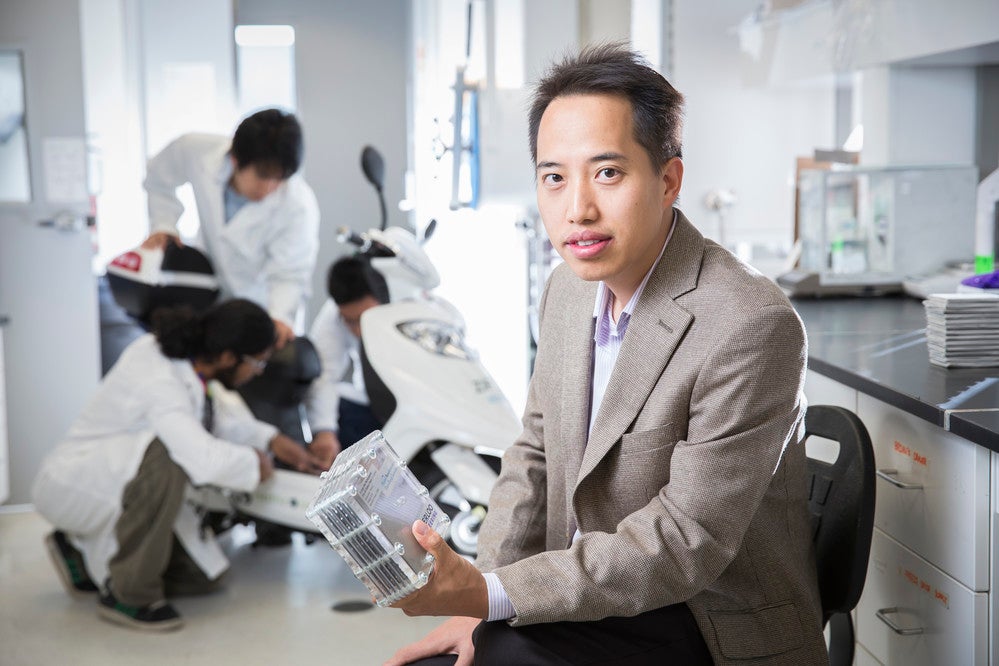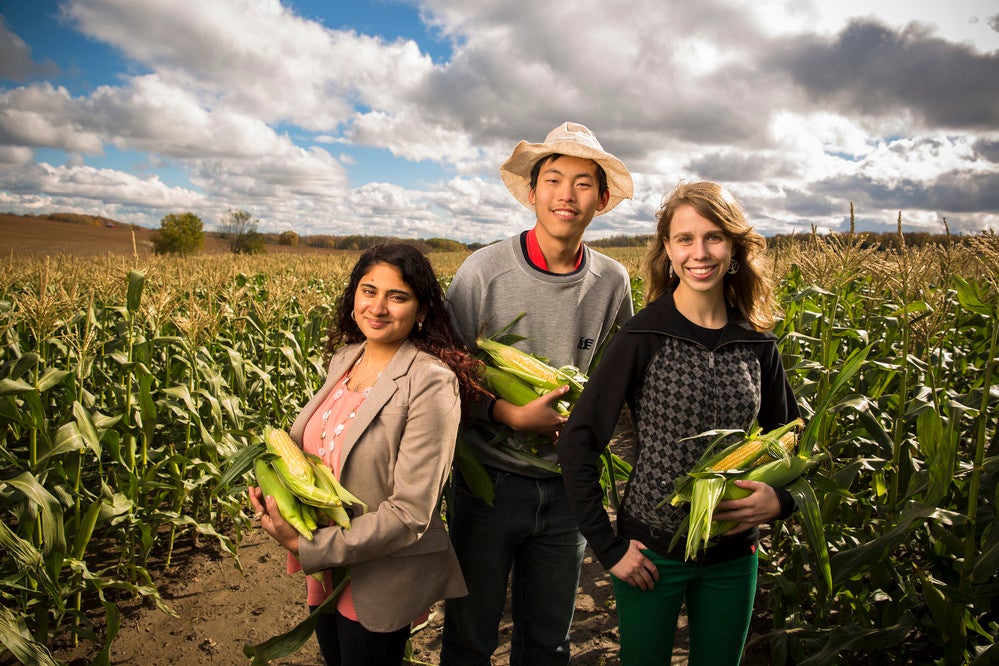Environmental and energy challenges command the world’s attention, while a healthy environment and energy equation requires balance amongst existing resources and those still to be discovered.
Sourcing of primary energy as well as its transmission, storage, and distribution are critical elements of societal infrastructure that are impacted by environmental issues. Aware that development of “smart regions” can only be achieved through collaborative, interdisciplinary research, University of Waterloo researchers across various disciplines are collectively addressing such issues as climate change, food systems, ecological restoration, and urban planning, as well as how these issues impact sustainable energy.
Improving energy generation

An additional strength is the Water Institute with its multidisciplinary capability to address surface and groundwater issues such as watershed management, water and energy, emerging contaminants, and water treatment using nanotechnology. Waterloo researchers are modelling the impact of urbanization and agricultural practices on wetland ecosystems, engaging in research on river-engineering, eco-hydraulics, and fluvial geomorphology, engineering new water purification technologies for developing countries, and conducting environmental simulations. Issues involving water are some of the topics that raise questions of governance, ethics, and science policy. Meeting the food needs for a world population expected to reach nine billion by 2050 will have important implications for the natural environment. Waterloo’s research strengths in climate change, plant biology, agricultural biotechnology, ecological agriculture, and soil science can influence and support solutions to the challenge of providing food for a burgeoning population. As well, researchers in Waterloo’s Global Food Politics Group explore the politics and governance of food, agriculture, and the environment.
Creating new battery technologies

In the Faculties of Science and Environment, specializations ranging from advanced analytical geoscience (including studies of tectonic to hydrological processes) through environmental monitoring and ecosystem modelling to the environmental applications of metagenomics are being pursued. Research encompasses studies of mineral and energy resources, climate change, aquatic systems, earth surface and subsurface processes, the cryosphere, and sustainable food systems. Genomics and proteomics coupled with structural biology and modelling are used to better understand basic biological processes such as brain function and how environmental stimuli, including contaminants, impact the function of cells and organisms.